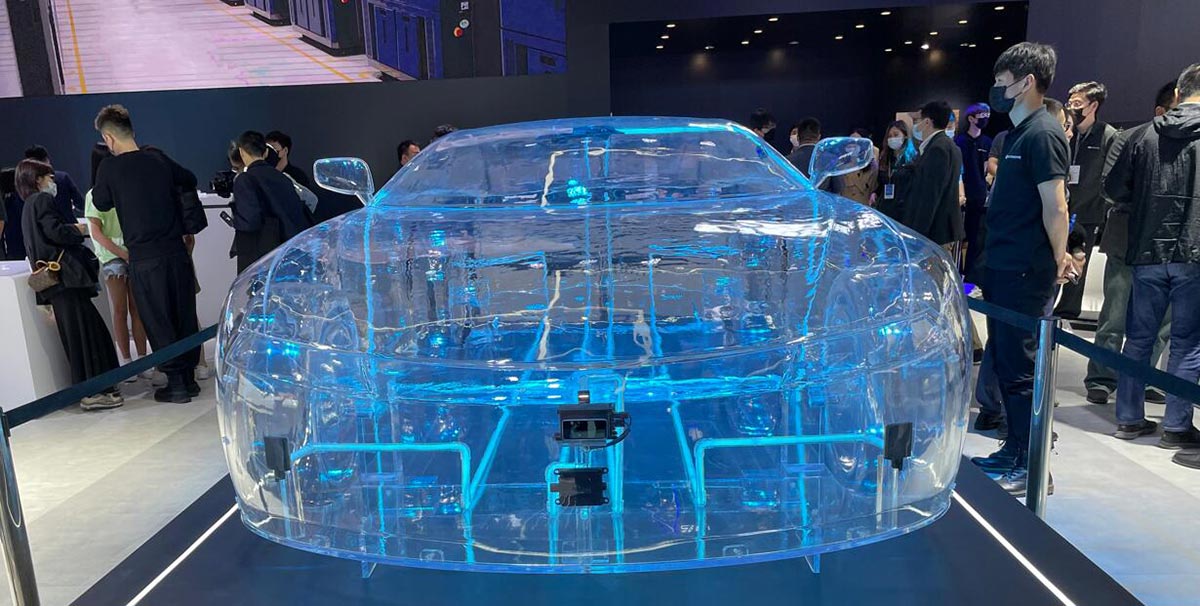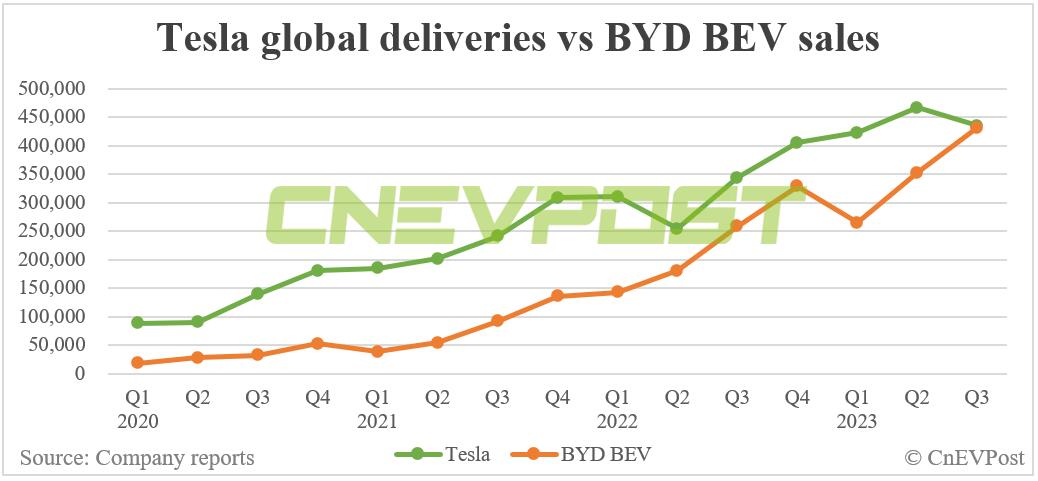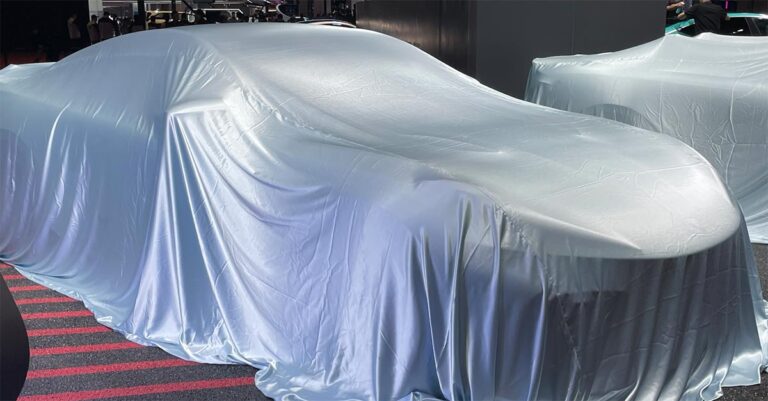Besides Xiaomi, Zeekr also has plans to launch EREV products, local media reported.
(Image credit: CnEVPost)
Chinese smartphone giant Xiaomi's electric vehicle (EV) business unit is reportedly set to build extended-range electric vehicles (EREVs), as more local EV makers launch such models to target a larger market space.
Xiaomi's automotive unit has decided to develop EREVs, with related products already planned, local media outlet 36kr said in a report today, citing several people familiar with the matter.
Xiaomi is currently pushing ahead with the development of multi-generation vehicle platforms, the first generation of which will be launched next year, the report said, citing people familiar with the matter.
Its second-generation platform's models are scheduled to launch in 2025, and the launch of its EREV models could come after the second-generation platform, judging by its current progress, according to the report.
Xiaomi's EV division is already hiring talent including EREV system development engineers, fuel system engineers, and exhaust system engineers, the report noted.
In addition to Xiaomi, Zeekr, which previously only offered battery electric vehicle (BEV) models, has plans to launch EREV products, 36kr's report said.
China's current policy provides equal support for new energy vehicles (NEVs), including BEVs and PHEVs, with purchase tax exemptions, except for a handful of cities, including Beijing and Shanghai, where PHEVs are treated the same as internal combustion engine vehicle cars.
Compared to BEVs, PHEVs -- including EREVs -- are seen as completely free of range anxiety and therefore more acceptable to the average consumer, hence more room in the market.
The best-known Chinese automaker in the EREV space is Li Auto (NASDAQ: LI), which delivered a record 36,060 vehicles in September, its sixth consecutive record high.
EV startups Leapmotor as well as Neta both now offer EREVs, with Leapmotor seeing a significant uptick in sales after it began offering such models.
Avatr Technology, an EV brand backed by CATL, Huawei, and Changan Automobile, was granted a patent in May related to refueling ports, hinting that it could potentially add models with internal combustion engines to its product array.
Such a trend is not hard to understand, with few automotive brands other than Tesla currently relying on BEVs to maintain steady sales, the 36kr report noted.
Tesla (NASDAQ: TSLA), which was the world's top EV seller for a long time, has also seen its No. 1 spot taken over by BYD (OTCMKTS: BYDDY), which sells both BEVs and PHEVs, 36kr noted.
Tesla delivered 435,059 vehicles globally in the third quarter, up 26.53 percent year-on-year but down 6.67 percent from the second quarter, according to data it released on October 2.
BYD delivered 824,001 NEVs in the third quarter, including 822,094 passenger cars and 1,907 commercial vehicles, according to data it released on October 2.
BYD's sales of BEVs similar to Tesla's vehicles in the third quarter have been almost equal to Tesla's at 431,603 units. It sold 390,491 PHEVs in the third quarter.



